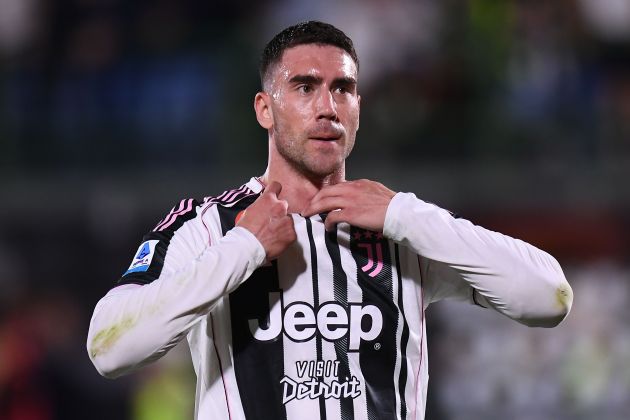Expert explains how Juventus has solved their balance sheet problems
When Andrea Agnelli and the Juventus board resigned following the capital gains scandal, they left behind a club in considerable financial difficulty. The Bianconeri had spent aggressively in previous years with the expectation that future revenues would balance the books. However, the outbreak of COVID-19 created unforeseen challenges, significantly reducing matchday income and commercial revenue streams. This disruption left the club struggling to meet several of its financial obligations.
The scandal also uncovered hidden payments to players, a revelation that further highlighted the fragility of Juventus’s financial management at the time. With limited resources available, the club was forced to operate more cautiously in the transfer market, focusing primarily on low-cost acquisitions, free transfers, or temporary loan deals. This represented a stark contrast to the high-profile spending that had previously characterised their transfer strategy.
Vlahovic’s Contract and Lingering Commitments
One of the most visible remnants of the old board’s approach is the sizeable contract awarded to Dusan Vlahovic. The Serbian striker is earning €1 million net per month during this final year of his agreement, placing a significant burden on the wage bill. While his performances on the pitch remain valuable, his salary is symbolic of the financial risks Juventus took during the previous administration.
Despite these challenges, Juventus have shown signs of recovery. The club has gradually stabilised its accounts through careful management of resources and a more measured approach to transfers. The emphasis has shifted towards building a sustainable squad, investing in younger players with growth potential, and avoiding the excessive commitments that led to earlier difficulties.

(Photo by Alessandro Sabattini/Getty Images)
Expert Analysis and Positive Outlook
Financial expert Fabrizio Bava recently offered his assessment of the club’s progress. Speaking via Tuttomercatoweb, he noted, “The club can be satisfied with the transfer market. The costs on the balance sheet have been very minimal, and the market has essentially been self-financed through sales. The outlook for the future is positive; Vlahovic’s amortisation is in its final year, and next year Juve will have €19.5 million less, as will Arthur in 2027. With these premises, painful sacrifices will not be necessary in the future, and players who represent investments in terms of age and prospects have arrived.”
His comments underline the fact that Juventus have made significant progress in addressing past mistakes. The club is no longer forced into financially risky decisions and instead appears to be laying the foundations for a more sustainable future. The journey to restoring complete stability has been long, but the current financial outlook at the Allianz Stadium is far healthier than in recent years, providing optimism for supporters and stakeholders alike.
The post Expert explains how Juventus has solved their balance sheet problems appeared first on Juvefc.com.



